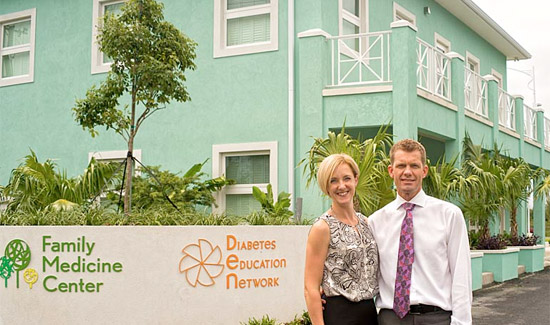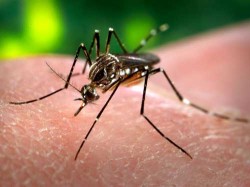 The focus of the current firestorm over this subject needs to be on whether or not the government will abide by both existing and proposed law on medical projects in this country in the face of special interests (foreign or Bahamian) and their cash.
The focus of the current firestorm over this subject needs to be on whether or not the government will abide by both existing and proposed law on medical projects in this country in the face of special interests (foreign or Bahamian) and their cash.
The current Stem Cell Bill before parliament is not a singular requirement for the approval of stem cell projects in the country, but is actually part of an ongoing process of developing the country’s current and longstanding overall medical regulatory regime.
In other words, contrary to what is being thrown around as part of the current political back and forth, The Bahamas already has both legislative and statutory frameworks in place to approve, reject and regulate all medical projects in the country including stem cell projects – without the Bill now before Parliament.
The facts are that the country’s current medical laws and their statutory bodies including the National Ethics Committee – an arm of the Office of the Chief Medical Officer (the head of the healthcare system in The Bahamas) – have been providing oversight and regulation for medical facilities for years.
This oversight over the years has included both the approval and rejection of medical projects and medical work in The Bahamas. The current Bill is a recommendation by professionals in the system to help to provide additional depth and capacity to the work of medical oversight and regulation in the country. So the Bill is not creating something brand new for The Bahamas – it is part of an already established and evolving process.
Politics keeps the country void of a lot of information. When the government in Parliament questioned why a stem cell facility in Freeport was approved about two years ago under the previous government, that specific question could have been answered very easily by the Opposition – the answer is the information I’ve just provided. The Freeport facility was approved via the country’s existing frameworks I’ve just outlined.
Why the Opposition’s Leader has not chosen to explain this to the country I cannot speak to. The reasons meantime, behind why legislators are voting one way or the other on the current Bill are not my concern in this article – that is for relevant legislators to justify, not me. The Bill will obviously pass when the time comes, but the Bill by itself is not my concern.
The concern I have on this issue is that despite what the law already requires about approvals and oversight for medical facilities and their professionals in the country, the government is already demonstrating that it may not abide by the existing or pending law so as to enable special interests to enter the sector.
That is the actual issue here – not that laws, their regulations and working oversight regimes don’t exist, but that the government may bend or break those laws to suit special interests and any promises made to them. And if that happens, then the sector and the country’s reputation – not to mention people’s lives – run the risk of being threatened or damaged.
As a point of history, back in 2004 the country found out about unapproved stem cell work being carried out at the IAT Clinic in Freeport because of me – the revelation came via my exclusive investigative reports I broke while I was a journalist with Love97 & The Bahama Journal.
The unapproved stem cell work involved collecting stem cells from the umbilical cord blood of mothers in the maternity ward of the Rand Memorial Hospital.
US citizens were coming into the country to receive expensive injections of stem cells at the clinic as part of this unapproved work.
As a result of my investigative reports, the Health Minister at the time – Dr. Marcus Bethel – ordered the stem cell work there shut down, stating that the clinic did not apply for or receive government approval to carry out the procedures. And this was in 2004 when of course the current Stem Cell Bill did not exist, because such a Bill wasn’t required for government approval if the clinic had applied for such approval.
Sharon Turner



